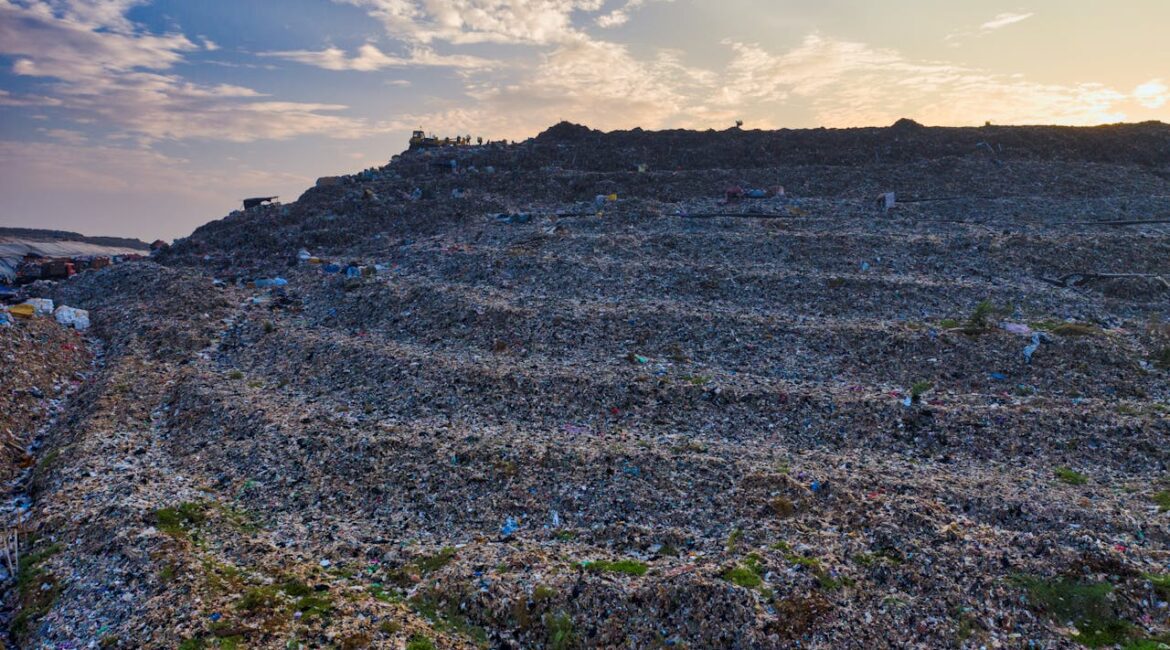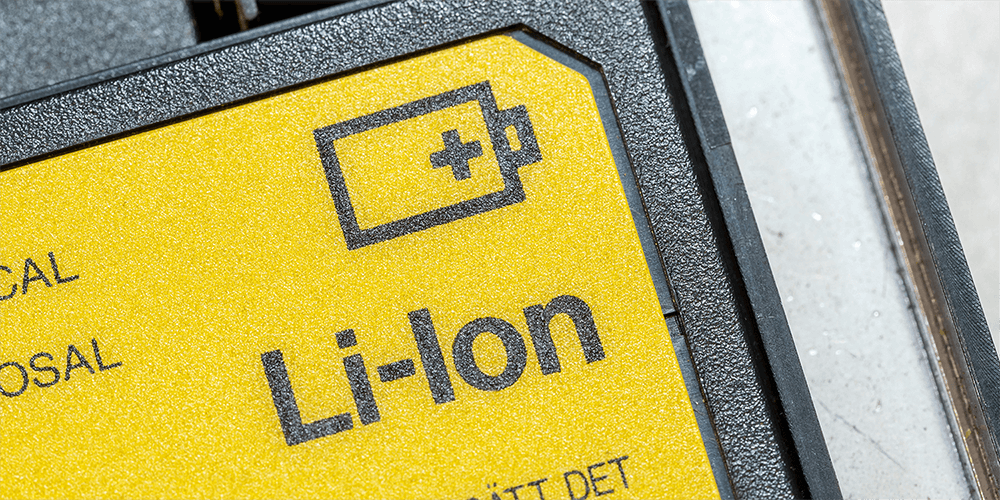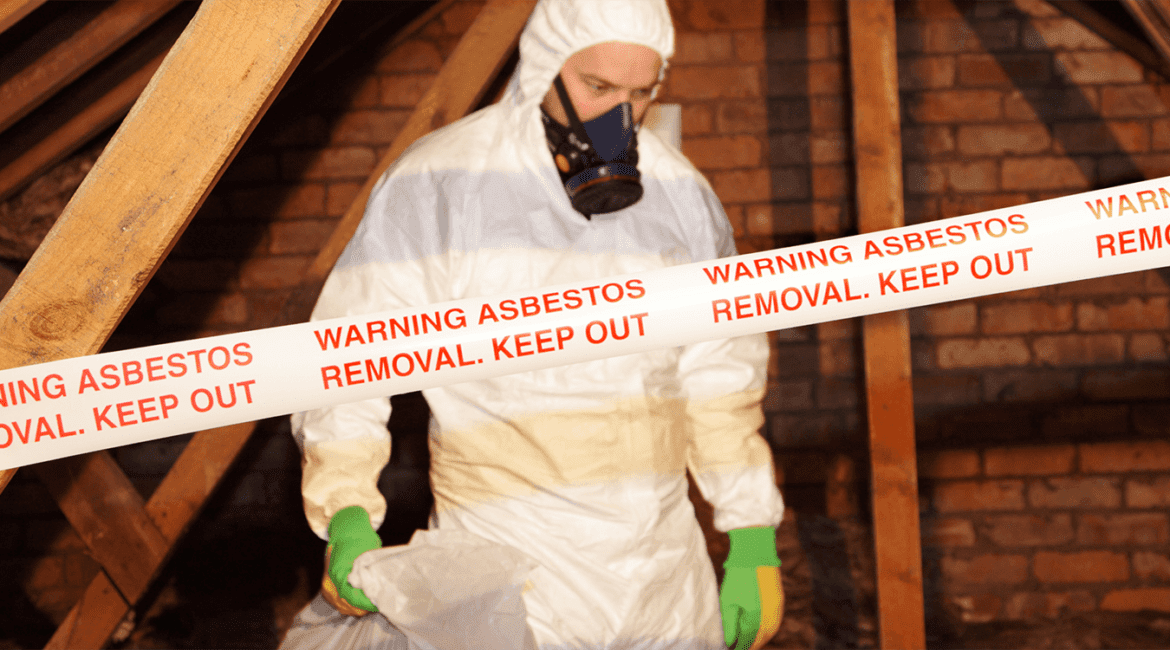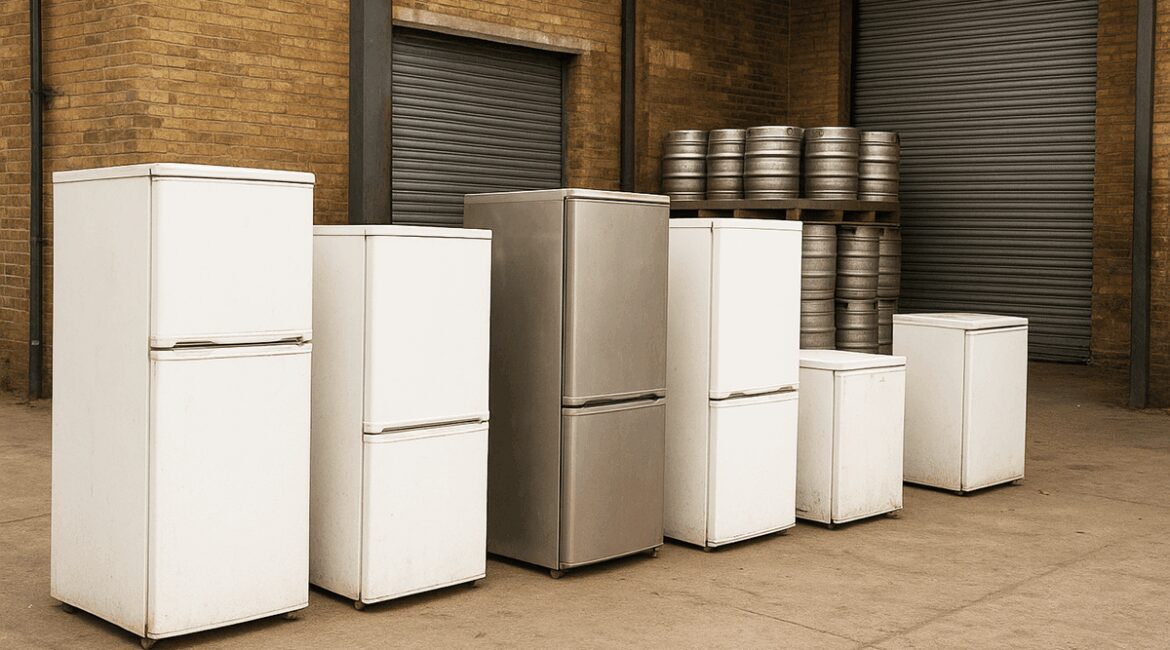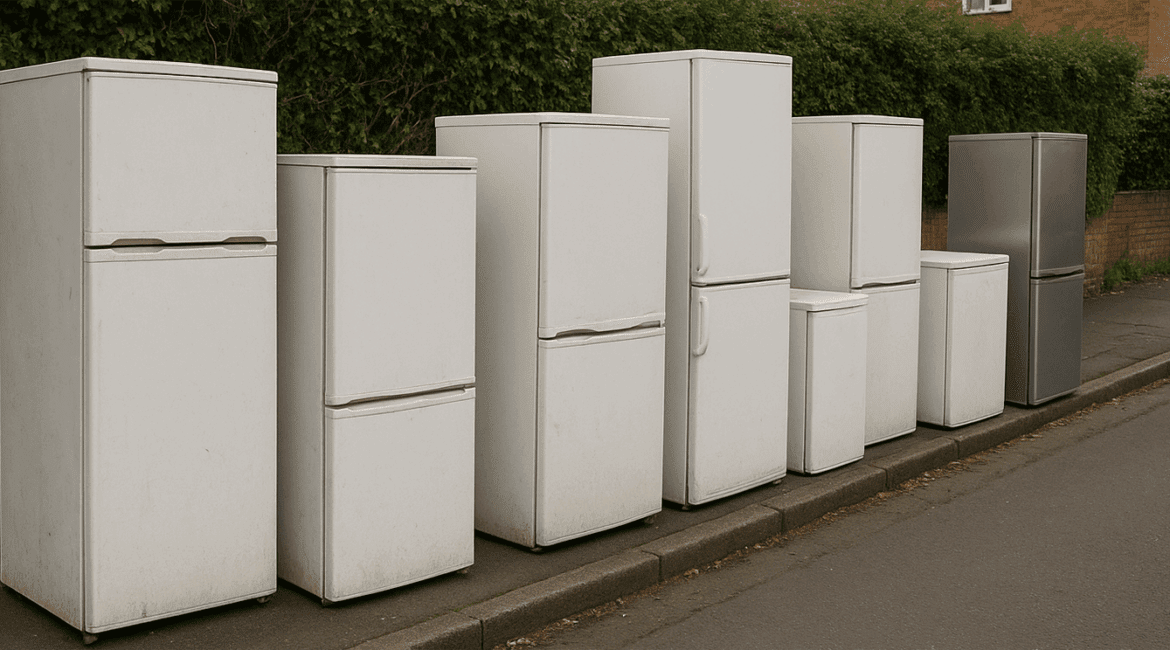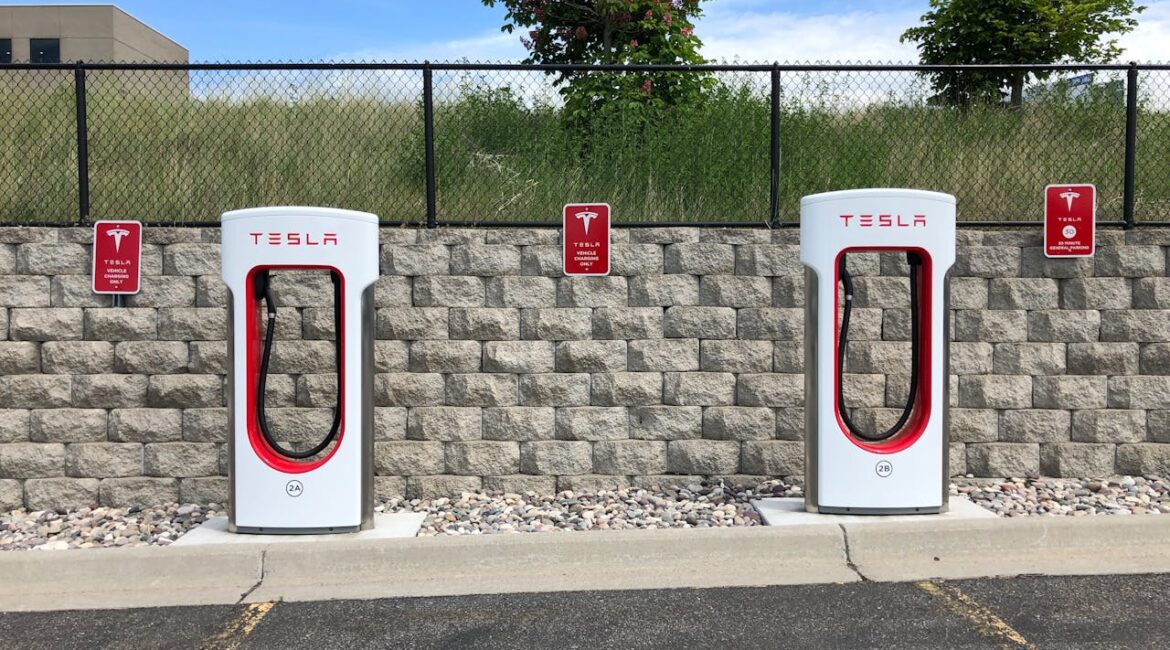Batteries In Landfill Sites UKAn estimated 20,000 batteries from households end up in landfill every year. With the addition of batteries from businesses, the numbers could reach significant volumes. In 2020, researchers estimated that less than 5% of lithium batteries are recycled at the end of their lives. As these batteries...
What Products Use Lithium-Ion Batteries?
Lithium-Ion Battery ProductsLithium-ion batteries are widely used across various products and industries due to their high energy density, lightweight, and long cycle life. Here are some of the primary applications of lithium-ion batteries: Consumer ElectronicsSmartphones and Tablets: Most modern smartphones and tablets rely on lithium-ion batteries for their compact size...
Lithium-Ion Battery Collection Case Study
How Did We Help?We recently received an enquiry from a healthcare business based in Glasgow. As they provide a range of electronic equipment, the business needed help disposing of lithium-ion batteries safely and sustainably.The Collection and Recycling ServiceAs the business had a large volume of battery waste, the batteries must...
What Building Waste Materials Could Contain Asbestos?
Asbestos Building MaterialsAsbestos became popular in construction from the 1930s to the 1980s. Buildings built in this period may be home to asbestos-containing materials (ACMS). A report by ResPublica think tank in 2019, estimated that some six million tons of asbestos remained present across 1.5 million buildings in the UK.List...
Brewery Fridge Freezer Case Study
Our team received an enquiry from a brewery in Nottingham, that needed help recycling around 40 fridge freezers of varying types. This included chest freezers, under-counter fridges, upright fridges and mini countertop fridges.How Did We Help?We provided a quick collection as requested, removing the WEEE and hazardous waste the following...
Exhibition Centre Fridge Freezer Case Study
We recently received an enquiry from an exhibition centre located in Derby, UK. The business needed help disposing of 14 free-standing fridge freezers on site. As this WEEE waste is hazardous, the centre contacted our specialist team for assistance.How Did We Help?Our team organised a swift collection for the fridge...
What Is In Fluorescent Tubes?
What Are Fluorescent Tubes Made Of?The main elements inside a fluorescent tube include inert gas (typically argon), a small amount of mercury vapour, and a phosphor coating on the inside of the tube.The efficiency of fluorescent tubes comes from their ability to produce light without generating as much heat as...
Can You Take Paint To The Tip?
Can You Dispose Of Paint At The Tip?You can take paint tins to the tip as long as there is no leftover paint in the container. Many local tips will not accept liquid paint, meaning you must empty the paint before disposing of this waste. However, some household waste recycling...
How Long Does A Fridge Freezer Last?
A fridge freezer typically lasts between 10 - 20 years, depending on maintenance. If you are wondering whether it is time to replace your fridge freezer, below are a few signs your refrigerator is reaching the end of its life. Signs A Refrigerator Is DyingIce and Frost AccumulationFrost buildup may occur...
Are Tesla Batteries Recyclable?
Tesla Battery RecyclabilityYes! Tesla batteries are recyclable. Tesla uses lithium-ion batteries that are recoverable and recyclable. When recycling Tesla batteries, you should engage with a professional waste business that specialises in battery disposal. The Lifecycle of Tesla Battery PacksTesla vehicles, a symbol of the shift away from fossil fuels, incorporate advanced...
